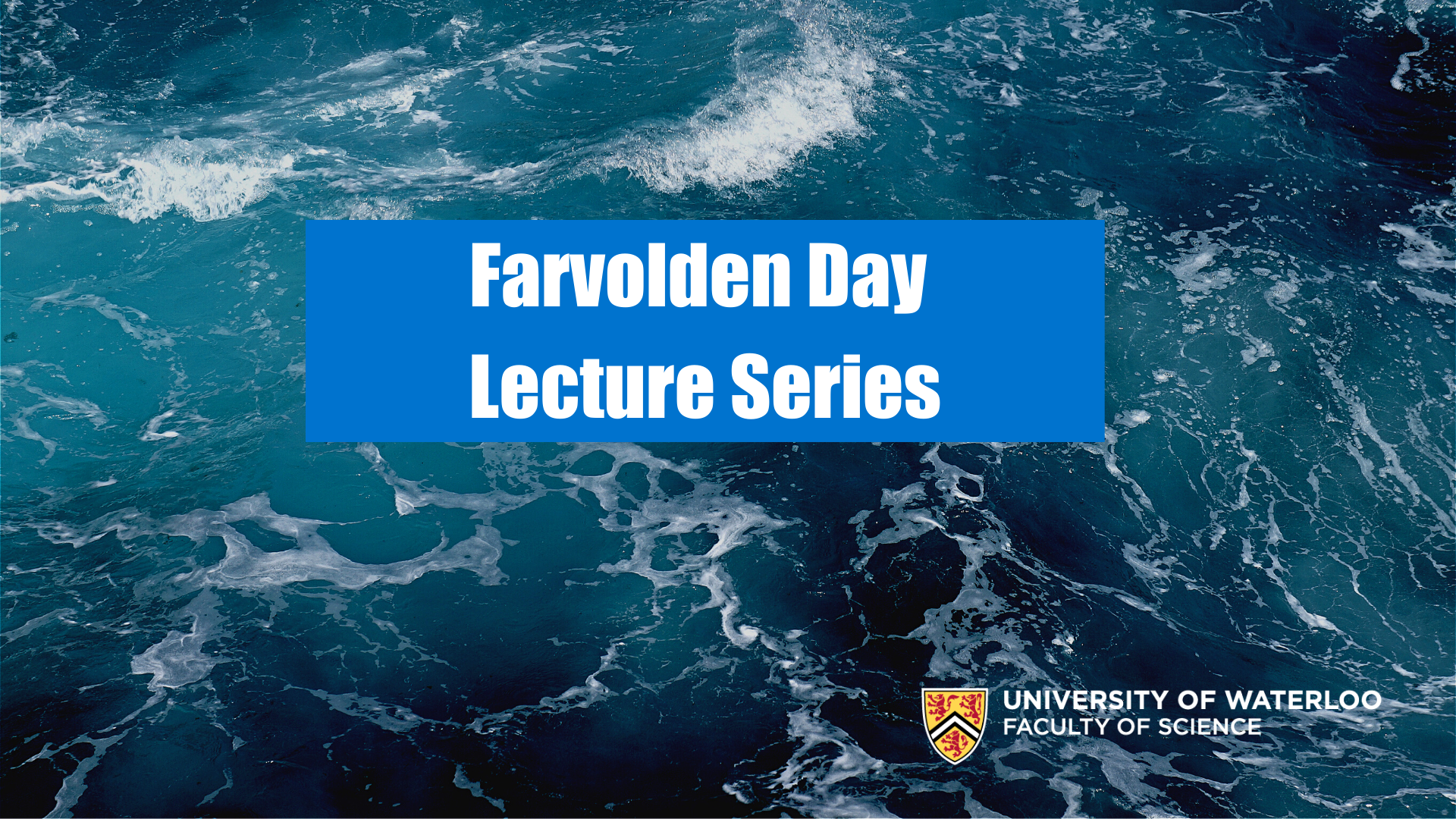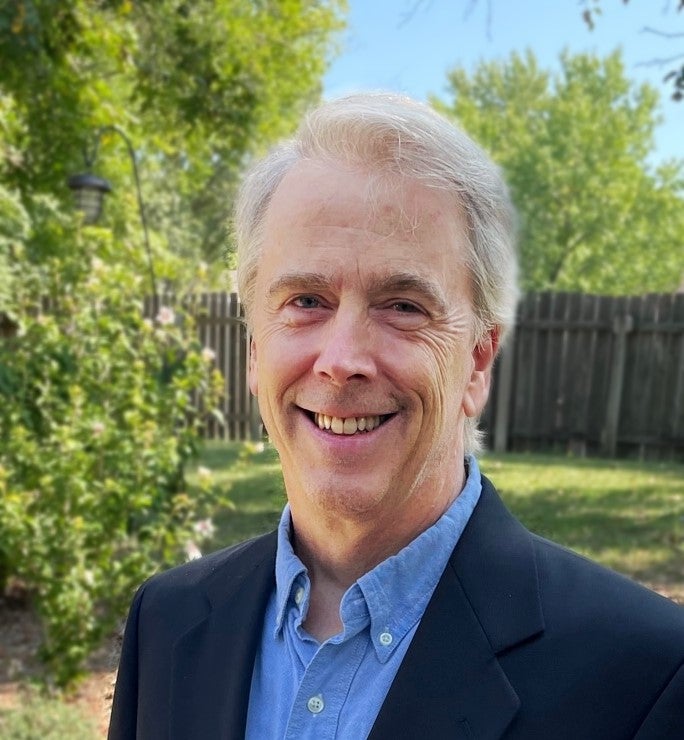 The
Department
of
Earth
and
Environmental
Sciences
Proudly
Presents:
The
Department
of
Earth
and
Environmental
Sciences
Proudly
Presents:


J.F. (Rick) Delvin, PhD, University of Kansas
"The Tools of Understanding (because to solve a problem you must first understand it"
Biography:
Rick (J.F.) Devlin obtained his Ph.D. from the University of Waterloo, was a Research Assistant Professor at the University of Waterloo, a visiting professor at the EAWAG, Switzerland, and an Otto Monsted Guest Professor at the Technical University of Denmark. He has been on the faculty of the University of Kansas since 2001. His research interests include contaminated site characterization, organic geochemistry, in situ remediation methods, including denitrification, the development and application of direct groundwater velocity measurement tools, groundwater-surface water interactions Dr. Devlin is the inventor and co-developer of the Point Velocity suite of instruments, now commercially available through Solinst, Canada, with consulting support through the Ozark Underground Laboratories. He is currently serving as the Editor-in-Chief of Groundwater Monitoring and Remediation, a national journal published by the NGWA.
Abstract:
A well-worn quote that has been attributed to quite a few authors, including Einstein, goes “If I had an hour to solve a problem, I would spend 55 minutes defining it and five minutes solving it”. This idea, that a problem must first be understood to be solved, resonates. It seems obvious until you pay attention to the many instances of problems attacked with little or no understanding on the part of the attackers. The basic sciences were founded on a quest for a fundamental understanding of the world. Chemistry, physics, and biology (especially in recent years), were built on basic research that could be leveraged to solve many problems. Hydrogeology borrows heavily from these disciplines but is more aptly categorized as an applied science. While geochemistry, or geomicrobiology, often bring basic science to the forefront, practicing hydrogeologists rarely attack their hydrogeological (flow magnitude and direction) problems with anything more sophisticated than the Darcy’s Law approach – e.g., a lot of innovation has been directed at improving the estimation of hydraulic conductivity (K). Darcy’s Law – which is itself an empirical construct – is scale limited due to uncertainties associated with the measurement of K and hydraulic gradient. So, where do we go for a deeper understanding of hydrogeological systems?
Dr. Bob Farvolden once advised me to learn modelling because it was going to be essential for a career in hydrogeology. I took his advice and built upon my mathematical and computing background, which is an ongoing process. Shortly afterwards, a project I was involved with in California presented a mysterious problem: an in situ treatment system using granular iron was breached by a plume of chlorinated solvents. The prevailing question was whether the breach had an underlying chemical cause or a short-circuiting flow problem. In the ensuing 25 years since that project, I have thought back to my conversation with Bob Farvolden many times and remarked to myself how good the advice was. Modelling was indeed essential to the research I took on, much of which stemmed from a desire to resolve the mysterious problem in California. But modelling is not a solo act. Modelling provides the best way we know for exploring, testing, and evaluating ideas.
Understanding the world, in a scientific sense, begins with an idea about how things work – perhaps in the form of an hypothesis, or a research question. Ideas come from various places, such as prior research, conversations with peers, and most importantly, observations. Observations place boundaries on ideas, distinguishing useful ones from untenable ones. Within these bounds, the human brain can exercise its full capabilities as a pattern-finding machine, generating useful ideas ready for additional scrutiny via the scientific method. In this presentation, the emergence of ideas in my research program in the areas of geochemistry, contaminant transport, bioremediation, hydrogeology, groundwater-surface water interactions, and geostatistics are visited.
The practice of science is as creative an endeavor as any of the arts. In all cases, the currency is ideas. In hydrogeology, a deeper understanding of the world comes from the marriage of these ideas with models. Once again, I am reminded that this is just as Bob Farvolden told me it would be.
This event is free of charge and no registration is required. If you require additional information please contact Lorraine Albrecht.
| AGENDA | |
|---|---|
| Welcome and Department Update | Mario Coniglio |
| Farvolden Scholarship Presentation | Jeff Melchin |
| Introduction of Guest Speaker | TBA |
| Farvolden Lecture Presentation | J.F. (Rick) Delvin |
| Questions & Answers | Tony Lotimer |
| Closing Comments | Dave Rudolph |